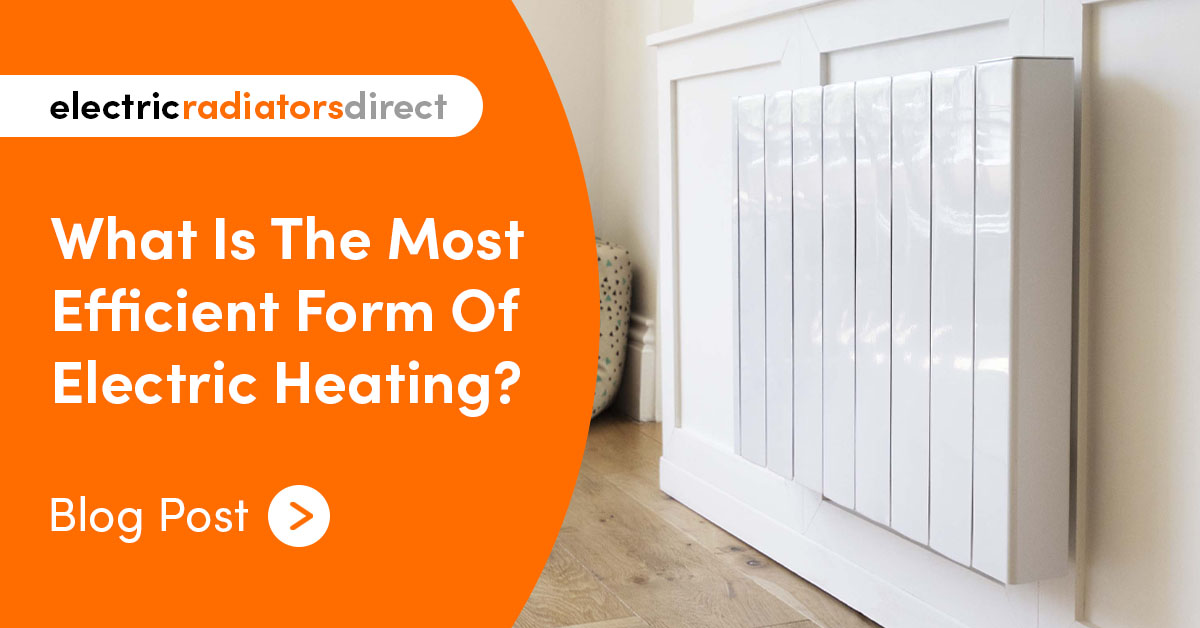
In today's world, the quest for efficient and comfortable heating solutions is more important than ever. Electric heating has emerged as a versatile and increasingly popular option, offering a range of technologies to suit diverse needs. But what exactly is electric heating, and how does it work? Let's delve into the intricacies of this modern heating marvel.
Understanding the Basics of Electric Heating
Electric heating essentially converts electrical energy into heat. This process can occur through various mechanisms, each with its own set of advantages and applications. Unlike traditional heating systems that rely on burning fossil fuels, electric heating is cleaner and can be powered by renewable energy sources, making it a more sustainable choice.
Types of Electric Heating Systems
The world of electric heating is vast and diverse. Here are some of the most common types:
- Radiant Panels: These panels emit infrared radiation, which directly heats objects and people in a room. They're ideal for targeted heating and can create a cozy, sun-like warmth.
- Convection Heaters: These heaters warm the air, which then circulates throughout the room. They're effective for quickly raising the temperature in a space.
- Storage Heaters: Designed to store heat during off-peak hours (when electricity is cheaper) and release it throughout the day, storage heaters can help reduce energy costs.
- Heat Pumps: These highly efficient systems extract heat from the outside air (or ground) and transfer it indoors. They can also be reversed to provide cooling in the summer.
- Electric Underfloor Heating: Provides an even distribution of heat from the floor upwards, creating a comfortable and luxurious warmth.
- Electric Boilers: Used to heat water for central heating systems and hot water taps.

The Benefits of Electric Heating
Electric heating offers numerous advantages that make it an attractive option for homeowners and businesses alike:
- Clean and Eco-Friendly: When powered by renewable energy, electric heating produces zero emissions at the point of use.
- Precise Control: Many electric heating systems offer precise temperature control, allowing you to create the perfect comfort level.
- Easy Installation: Electric heaters are generally easier and less expensive to install than traditional heating systems.
- Low Maintenance: With fewer moving parts, electric heaters require minimal maintenance.
- Safety: Electric heaters eliminate the risk of gas leaks and carbon monoxide poisoning.
- Zoned Heating: You can heat specific rooms or areas, reducing energy waste.

Maximizing Efficiency and Reducing Costs
While electric heating can be efficient, there are steps you can take to maximize its performance and minimize energy consumption:
- Insulation: Proper insulation is crucial for retaining heat and reducing energy loss.
- Smart Thermostats: Programmable thermostats allow you to schedule heating cycles and optimize energy usage.
- Energy-Efficient Appliances: Choose electric heaters with high energy efficiency ratings.
- Regular Maintenance: Ensure your heating system is clean and well-maintained for optimal performance.
- Utilize Off-Peak Electricity: If you have a storage heater, take advantage of off-peak electricity rates.
- Solar Panels: Combine electric heating with solar panels to generate your own renewable energy.

Choosing the Right Electric Heating System
Selecting the right electric heating system depends on various factors, including the size of your space, your heating needs, and your budget. Consider the following when making your decision:
- Room Size: Determine the appropriate heating capacity for your space.
- Heating Needs: Consider whether you need whole-house heating or targeted heating for specific areas.
- Energy Efficiency: Look for systems with high energy efficiency ratings.
- Installation Costs: Factor in the cost of installation when comparing different systems.
- Operating Costs: Consider the long-term energy costs associated with each system.
- Features and Controls: Evaluate the features and controls offered by different systems, such as programmable thermostats and remote control.
Electric heating is a dynamic and evolving field, offering a range of innovative solutions for modern heating needs. By understanding the different types of systems, their benefits, and how to maximize efficiency, you can make informed decisions and create a comfortable and sustainable home environment.
No comments:
Post a Comment
Note: Only a member of this blog may post a comment.